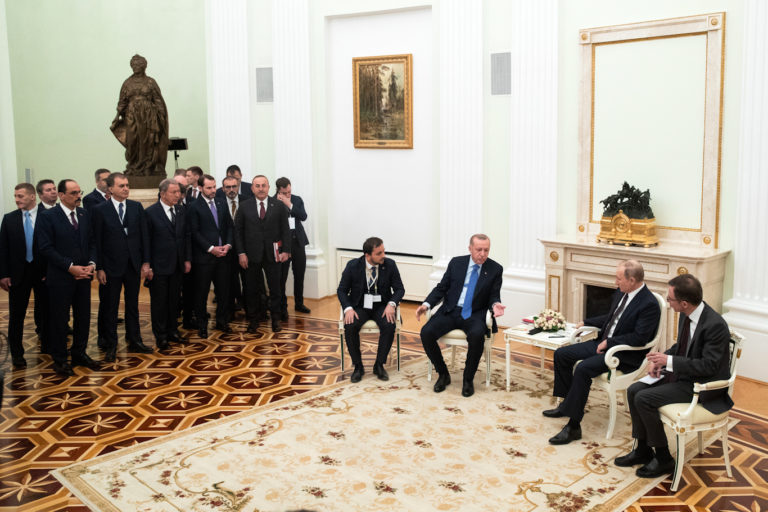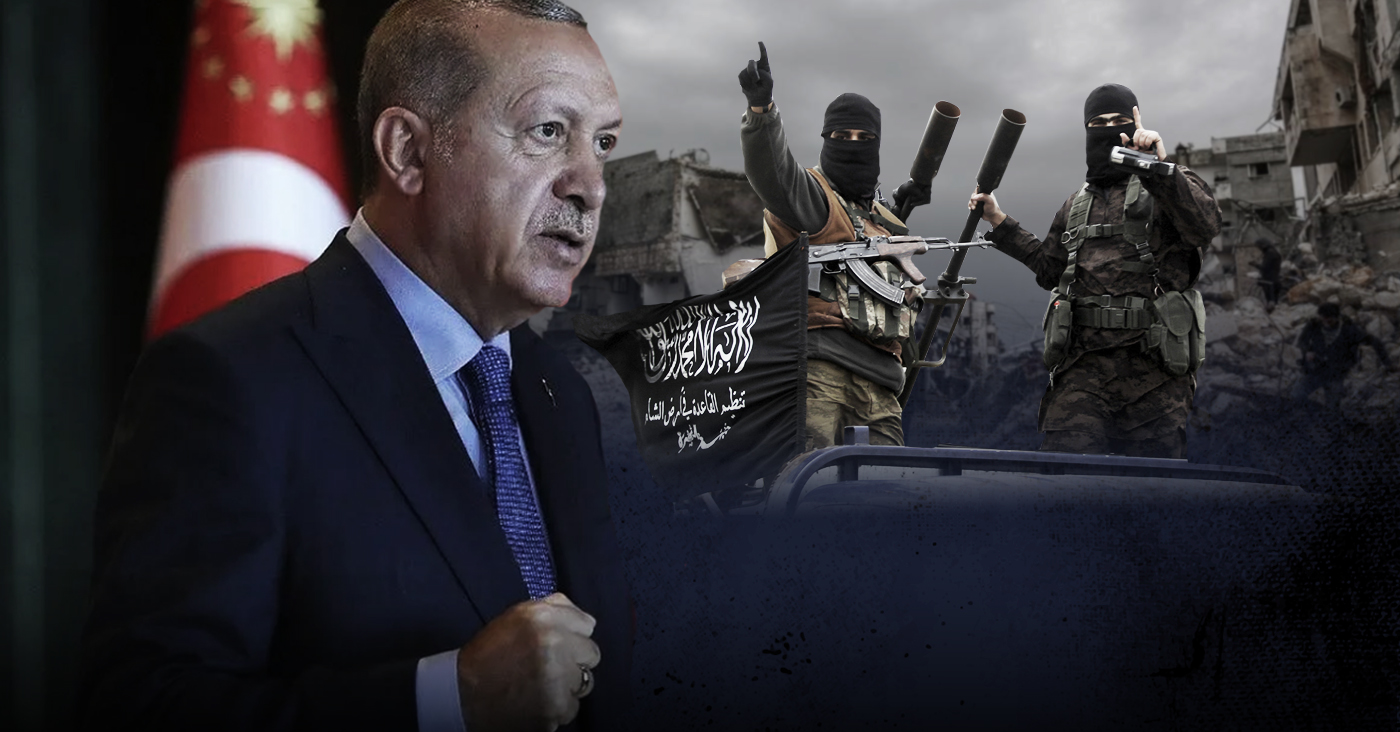- Thread starter
- #476
Get f’ed.
I'll drop my phone in a river.
I thought you’d be all over this, I posted this in the other thread about a week ago.. and got crickets.
The Coronavirus pandemic has shaken our world to its core with cities and state leaders all across the United States, and the world, forcing mandatory Shelter-in-Place orders (see picture below). Unless we are able to “flatten the curve” our entire healthcare system could collapse and the death toll would be profound. U.S. public-private partnerships (PPP) has been aimed squarely at this disease with little avail, with the only affectual strategy to date being social distancing. One PPP being considered by leaders is the sharing of our personal geolocation data in order to enforce Shelter-in-Place orders.
The question we are asking: should we allow the Federal government to utilize our private geolocation data and collaborate with tech companies in order to enforce Shelter-in-Place orders and help slow the spread of the Coronavirus? Is a temporary privacy violation to ensure our public health and safety worth us sacrificing our civil liberties?
THE PROBLEM
Many States have ordered a shelter-in-place orders, but the problem is: people are not listening! They are going out, partying at the beach in Florida, enjoying Mardi Gras in New Orleans, playing at the park and running on the lakefront parks in Chicago. This isn’t just a problem specific to the United States. Europe has had to deal with similar issues.
As Italy’s hospitals resemble warzones, their mayors have been desperately pleading with their citizens to stay indoors. One mayor literally threatened to show up with a flamethrower if they left their homes and many mayors walked around the city yelling at people to go inside. In neighboring France, Parisians crowded already ‘closed’ parks, their picnicking and socializing prompting President Macron’s warning that “Any violation of these rules will be penalized.”
FLATTENING THE CURVE & FOLLOWING ORDERS
Many countries have implemented mandatory shelter-in-place orders in the hopes of reducing virus transmission; however, several have suffered a lack of compliance and enforcement (i.e. the U.S. and some European countries).
In contrast, Asian counterparts’ comparatively successful quarantine approaches, and resulting mitigated COVID-19 spread and impacts, were bolstered by technology and infrastructure. As a Newsweek reporterwho experienced quarantine in both China and the U.S. stated, “Perhaps Beijing didn’t need anything more than the honor system — especially when it’s augmented by omnipresent closed-circuit TV cameras, facial recognition, cell phone GPS location services and other Big Brother tech aids.” Similarly, South Korea and the Philippines have been lauded for their ability to effectively “flatten the curve,” by tracking cell phones of anyone who’d come into contact with COVID-19 patients, and alerted those in the same work or home area codes that cases were detected there.
It should be noted that the Philippines may have flattened their curve, but they have done some inhumane things to punish people breaking quarantine rules (i.e. putting their people in dog cages).
CONTACT TRACING: TECH COMPANIES & GEOLOCATION DATA
As both China and South Korea have utilized geolocation tracking to enforce shelter-in-place rules and slow the spread of COVID-19, the U.S. might want to consider implementing their own geolocation tracking programs. As more and more U.S. citizens continue to throw caution into the wind by leaving their homes to socialize and putting the lives of their fellow citizens in danger, geolocation tracking might be something we want to consider in order to ensure social distancing and save lives.
Here’s the thing: tech companies are already using geolocation data to track, and rate, our social distancing. Unacast, the company that is utilizing our geolocation data, even created scoreboards rating us state by state. Illinois an “A” grade for social distancing with a -47% change.
Our greatest tool in fighting the pandemic is likely to be an innovation in the form of a vaccine, however our tech tools provide an incredible opportunity to combat the spread and continued outbreak of COVID-19. As the dynamics continue to shift in our battle with this disease our ability to track, measure and communicate with every person in the country may be our biggest asset. Using the technologies that we carry in our pockets and wear on our wrists can be utilized to ensure our safety. Unprecedented times call for unprecedented responses and that may be what is coming in the next iteration of this fight.
FEDERAL GOVERNMENT & OUR RIGHTS
After the tragic events of 9/11 the U.S. government began to roll back our civil liberties with laws such as the Patriot Actthat laid the foundation for an expansive surveillance state and set legal precedents that violated constitutional rights. The COVID-19 pandemic is no different as Bill Barr and the Dept of Justice are seeking new powers to detain people indefinitely without trial in emergency situations by pausing court proceedings “whenever the district court is fully or partially closed by virtue of any natural disaster, civil disobedience, or other emergency situation.” These facts, compounded with tech companies and their frightening swaths of data, paint a terrifying picture. Sure, these companies are just looking to be “helpful,” but we don’t know where it would end and the U.S. government has a mixed track record on this front.
CONCLUSION: A BALANCING ACT
What is the point of a shelter-in-place declaration if people completely ignore it? Should the U.S. government utilize our geolocation data to enforce these rules and save lives? Europe is doing it; however, the European Commission is ensuring they will protect users rights and they have a decent track record when it comes to that (i.e. they passed the General Data Protection Regulation in 2018, ensuring their citizens’ data privacy and rights are protected).
Let’s be clear: the U.S. is not Europe. Just take a look at the Patriot Act and our refusal to pass any federal data privacy law. It is clear Congress does not care about protecting our data privacy rights.
Is there some kind of happy medium here for the U.S.? Yes, it’s a slippery slope, but the lives of thousands, potentially millions, of people are on the line. Are we OK with tech companies sharing geolocation data with the Federal government in order to save lives?
It’ll just be a slight prick and it’ll only hurt for a second, right?










